Adenoids
Adenoids are enlarged (hypertrophied) lymphoid tissue in the nasopharynx (adenoid vegetations/growths, hypertrophy of the nasopharyngeal/pharyngeal tonsil), located in the nasopharynx. The pharyngeal tonsil is a cluster of lymphoepithelial tissue in the nasopharynx, and an increase in lymphoid tissue in the nasopharynx is called adenoids, and inflammation of the adenoids is called adenoiditis. Adenoids are most often observed between the ages of 2 and 6 years, but can also occur at a later age. The operation to remove adenoids is called adenotomy. In the K+31 clinic, nasal adenotomy is performed on patients of any age.

specialists

equipment

treatment
Symptoms of adenoid hypertrophy
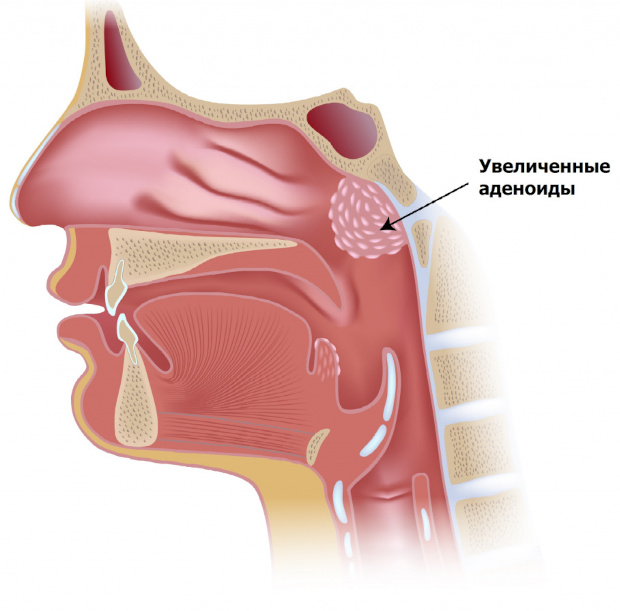
Adenoid hypertrophy is not common in infants. It manifests itself in most cases as disturbances in sucking and restless sleep. Bronchitis and other acute respiratory infections can often develop. Adenoids can negatively affect the functioning of the gastrointestinal tract, resulting in constipation, diarrhea, vomiting and impaired appetite. In some cases, adenoids can lead to disturbances in the respiratory system, which adversely affects the development of the child.
One of the first manifestations of enlarged adenoids in children over 1 year of age is difficulty breathing through the nose. The child may breathe through his mouth, walk with his mouth open, and wheeze or snore while sleeping. With adenoids, children in the first years of life often develop acute respiratory diseases and otitis media, and may also have a long-lasting runny nose. In severe cases of the disease, hearing deteriorates, speech development is impaired, drowsiness and increased fatigue appear, the child becomes irritable, and memory deteriorates.
Adenoids can lead to disturbances in the formation of the facial skeleton, which is characterized by a wedge-shaped upper jaw, a high upper palate and irregular placement of teeth, smoothed facial folds.
Complications of adenoids include chronic tonsillitis, tracheitis, pharyngitis, bronchitis, hearing impairment due to eustachitis, frequent acute otitis media, chronic sinusitis and obstructive apnea syndrome (breathing disorder during sleep), deformities of the facial skeleton.
Diagnostics
The gold standard for diagnosing adenoids is nasopharyngeal fibroscopy. This examination is performed by a doctor at an appointment using a thin flexible fibroscope. This method of examination makes it possible to establish the hypertrophy of lymphoid tissue and the degree of its proliferation, helps to conduct differential diagnostics with diseases that have similar clinical manifestations (juvenile angiofibroma, choanal atresia, polyposis, enlargement of the posterior ends of the inferior nasal concha, hypertrophy of the tubal tonsils.
In cases where it is impossible to perform an endoscopic examination of the nasopharynx, X-ray of the nasopharynx in the lateral projection is prescribed.
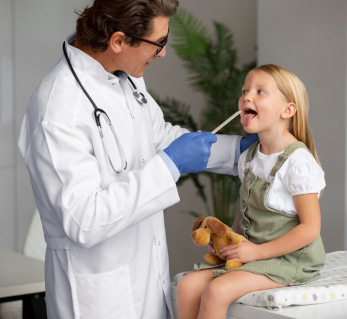
Treatment
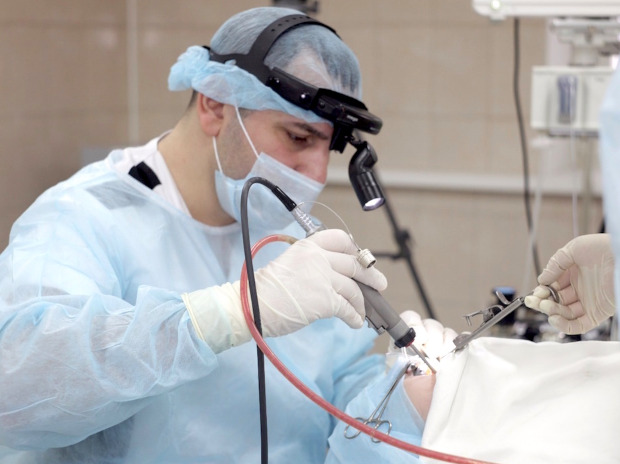
Conservative treatment includes rinsing the nasal cavity, nasopharynx, and, according to indications, courses of nasal glucocorticosteroids are prescribed, and possibly local and systemic antibacterial drugs.
If conservative treatment is ineffective and there are indications, the doctor prescribes surgical treatment.
Indications for surgery:
- Nasal breathing problems, constant mouth breathing, leading to problems with teeth and bite
- Frequent inflammation of the adenoids
- Obstructive apnea syndrome (periodic cessation of breathing during sleep)
- Recurrent otitis, sinusitis
- Hearing impairment (exudative otitis)
Adenotomy or adenotonsillectomy is performed with endoscopic control under anesthesia in a one-day hospital setting. The child is under the supervision of the attending physician and anesthesiologist from several hours to 1 day in a comfortable hospital setting.
Prevention of adenoids consists of general strengthening of the child's body (hardening, rational nutrition, compliance with the work and rest regime). It is necessary to vaccinate the child in a timely manner according to the vaccination calendar.
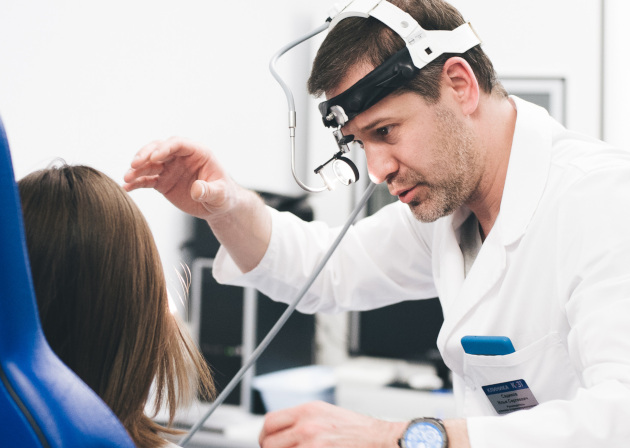
How is an appointment with an otolaryngologist at K+31?
Our doctors

This award is given to clinics with the highest ratings according to user ratings, a large number of requests from this site, and in the absence of critical violations.

This award is given to clinics with the highest ratings according to user ratings. It means that the place is known, loved, and definitely worth visiting.

The ProDoctors portal collected 500 thousand reviews, compiled a rating of doctors based on them and awarded the best. We are proud that our doctors are among those awarded.
Make an appointment at a convenient time on the nearest date
Price

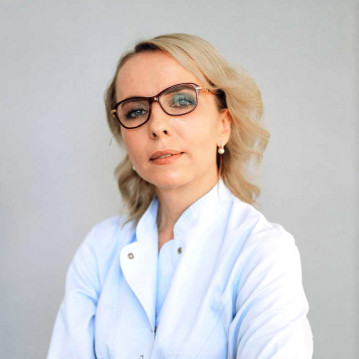
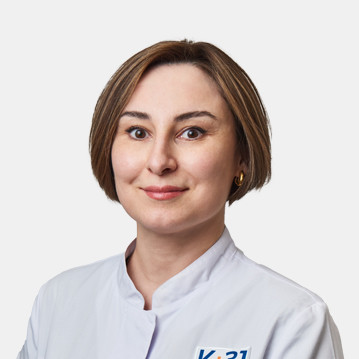
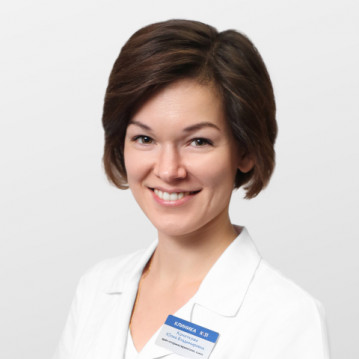

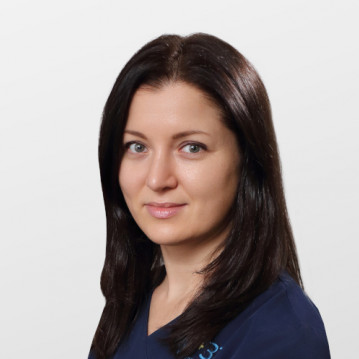
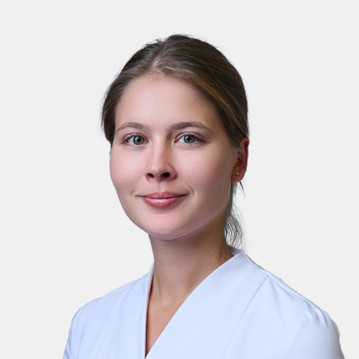
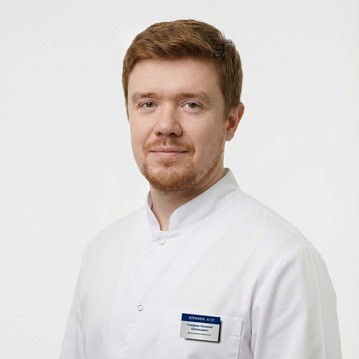
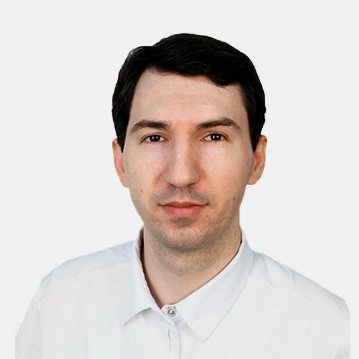
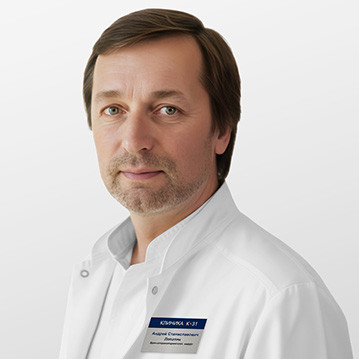
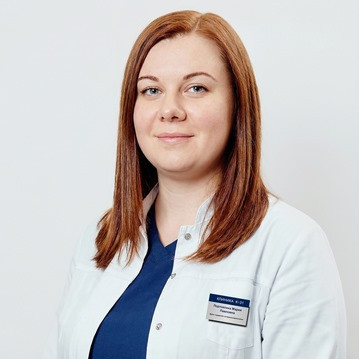
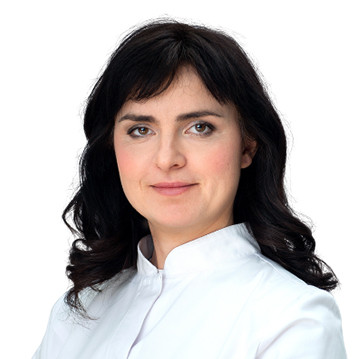
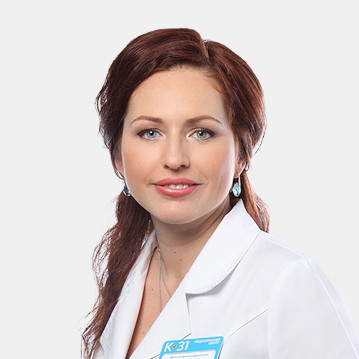
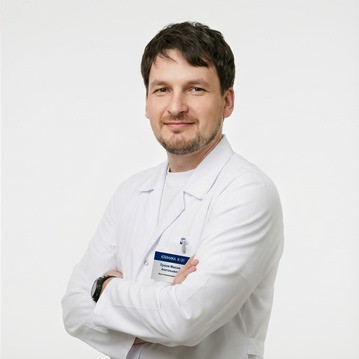
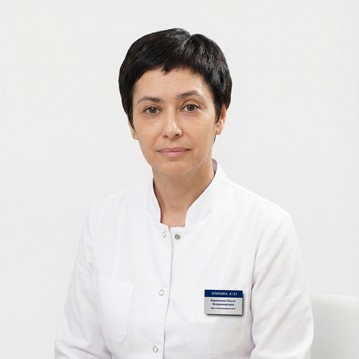
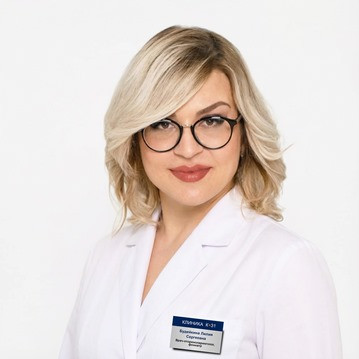
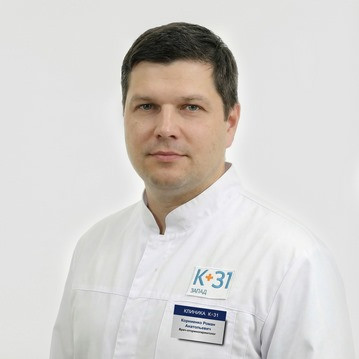
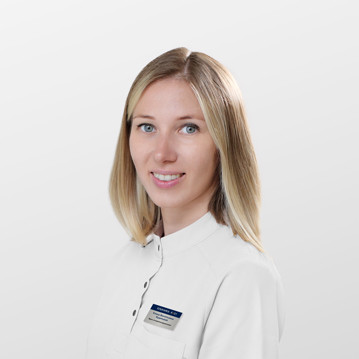
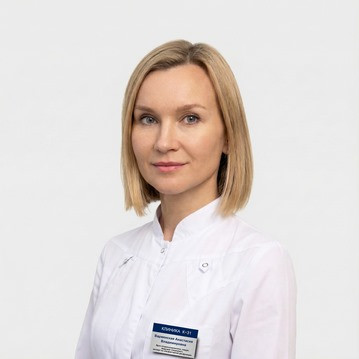
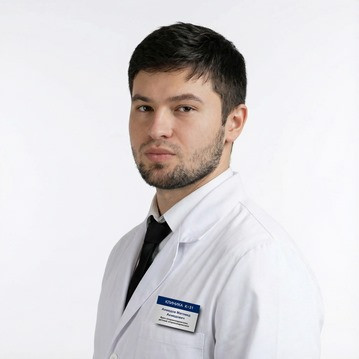

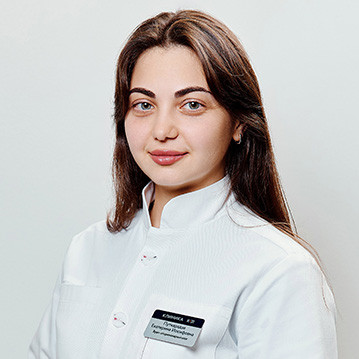
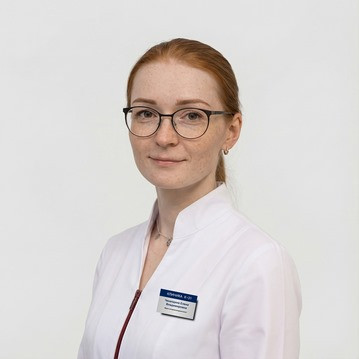
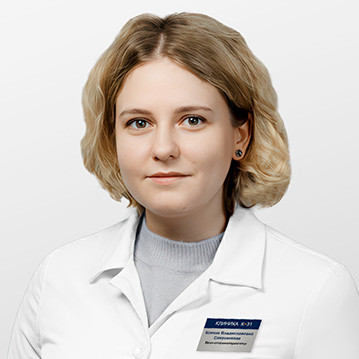
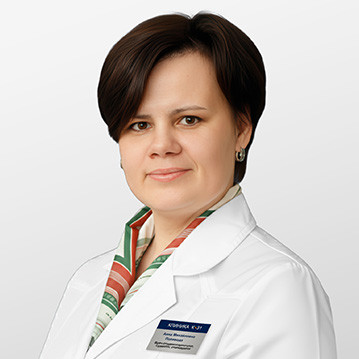
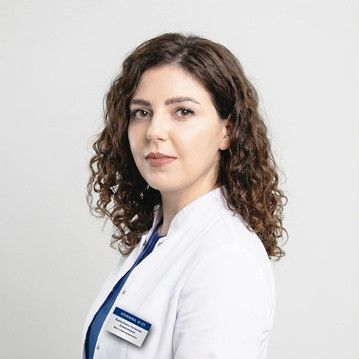
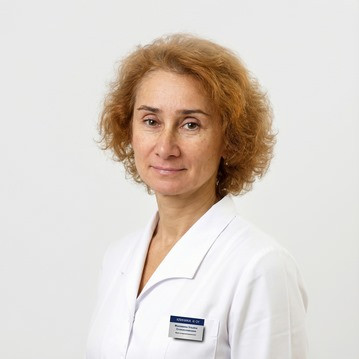
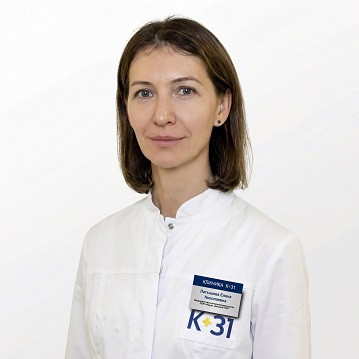
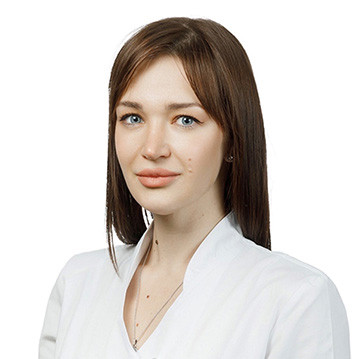
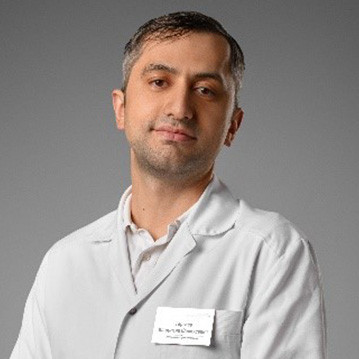








Causes
In most cases, children of preschool and primary school age get sick.
The most common causes of adenoid development include:
There is an opinion that the development of the disease can be facilitated by viral diseases that the mother suffered from in the first trimester of pregnancy, as well as birth injuries and the patient living in an environmentally unfavorable environment.
Due to these reasons, the tissue of the pharyngeal tonsil increases and adenoiditis may develop. During this process, the protective function of the pharyngeal tonsil is disrupted, an inflammatory process develops, and the surface of the pharyngeal tonsil is colonized by pathogenic bacteria. This contributes to the development of frequent infectious diseases of the upper respiratory tract.
In addition, due to hypertrophy of the adenoids, nasal breathing is often impaired, hearing loss, deformation of the facial bones, slower speech development and frequent allergic reactions.